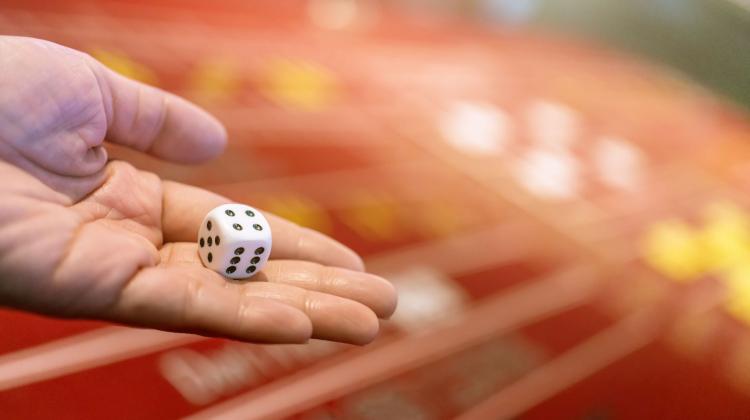New book explores how mathematics can overcome blind fate in gambling
 Credit: Adobe Stock
Credit: Adobe Stock
How science, especially mathematics, can tame blind fate in gambling and betting, is the subject of a fascinating new book.
‘The Perfect Bet: How Science and Maths are Taking the Luck Out of Gambling’ by mathematician Professor Adam Kucharski from the London School of Hygiene and Tropical Medicine, explores how mathematics and computers are increasingly helping gamblers beat poker machines and casinos with growing success.
In the past, gambling was of interest not only to fraudsters and speculators, but also to some of the world’s greatest scientists: Galileo investigated why some combinations of dice faces are more common than others, while Johannes Kepler also wrote about the game of dice.
It was noticed that games of chance can be analysed with numbers. The first principles of the probability theory began to be created. Blaise Pascal and Pierre Fermat worked on it, but most credit should go to gifted gamblers like Gerolamo Cardano from the Renaissance, who first squandered his fortune and then began to figure out how to outsmart fate and win back.
For this, you need higher mathematics and high computing power, provided by the best, not necessarily the largest computers. Relying on simple rules such as betting only against the favourites or the martingale strategy does not do the trick.
In roulette, the martingale system consists of betting everything on either black or red, the colour you pick does not matter as long as you only double the stake after each loss. When you finally win, because your luck has to change sooner or later, you'll get everything back and more. There is one problem: the bettor can go bankrupt before hitting the big win. Unless he cools down and uses mathematics.
You can count cards when playing poker. Some science students supposedly made small fortunes doing just that. In his book, Professor Kucharski writes: “Recently, however, these techniques have been overshadowed by more complex concepts. From the statisticians forecasting sports scores to the intelligent bots beating human poker players, mathematics has revolutionised gambling.”
These new methods include electronic doping, useful in chess, for example. Bots impersonating players, are secretly being used to play online poker. But gambling also pays back to science. According to Kucharski, scientists use poker to test artificial intelligence, creating computers that can bluff, learn and surprise just like humans.
Algorithms are used in the stock exchange, they help companies to automatically place bets and transactions.
Almost every game can be beat and every player, says Professor Kucharski. It is a matter of the means we will use. Not blind fate, but an appropriate amount of data and skilful processing. Computers and algorithms are getting better and better at this, but there is always a human behind them and in front of them. (PAP)
Author: Zbigniew Wojtasiński
zbw/ ekr/ kap/
tr. RL
Przed dodaniem komentarza prosimy o zapoznanie z Regulaminem forum serwisu Nauka w Polsce.















